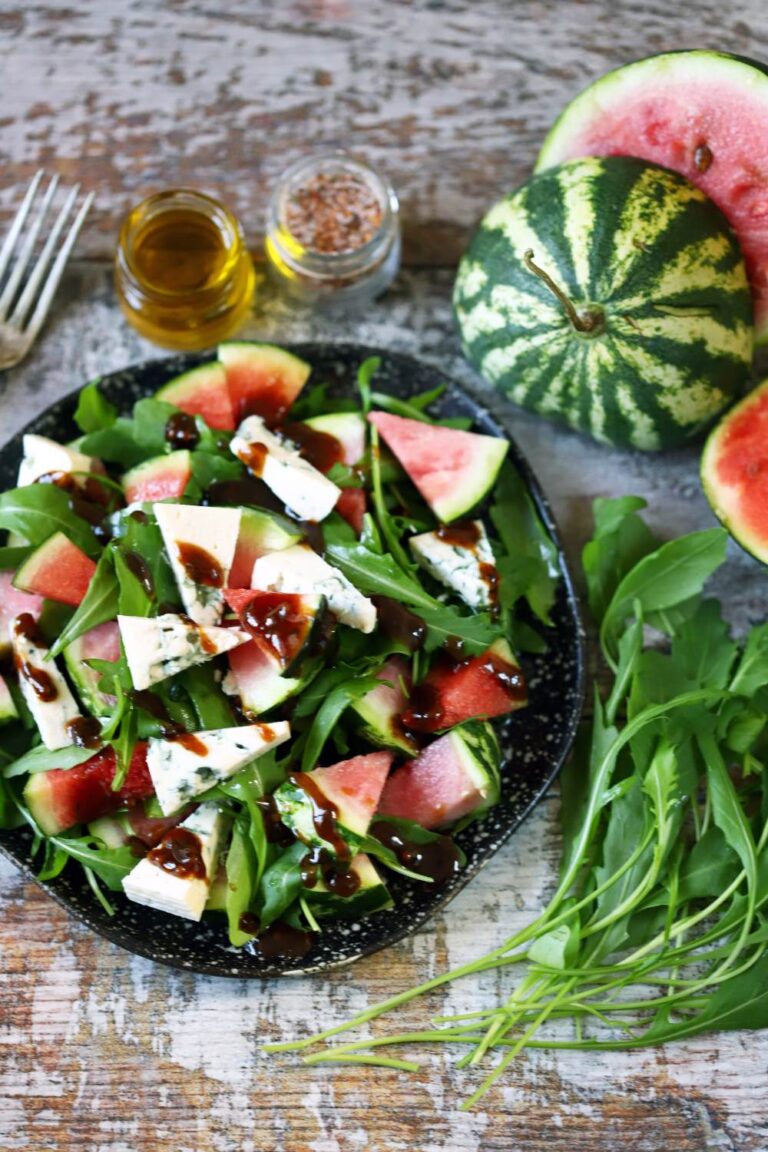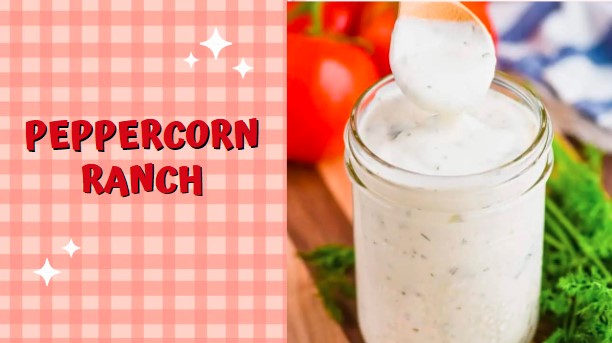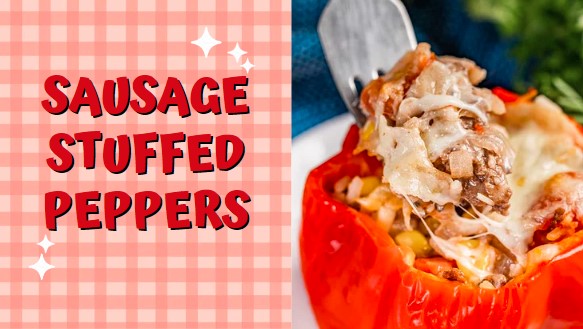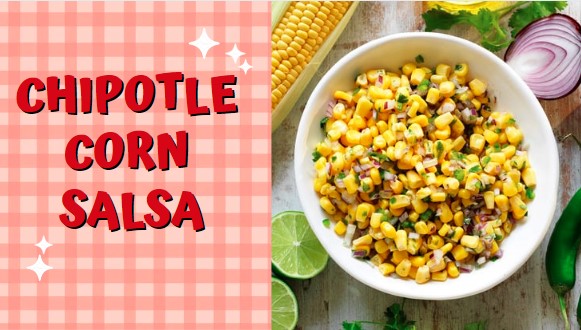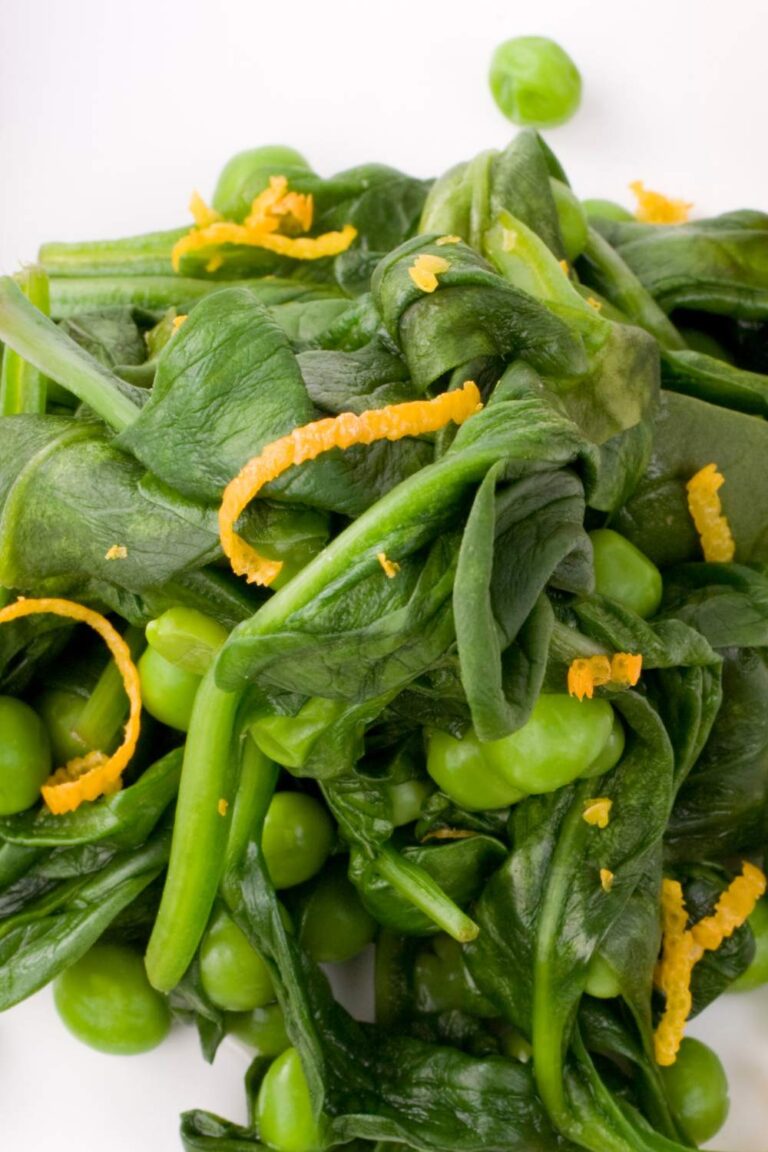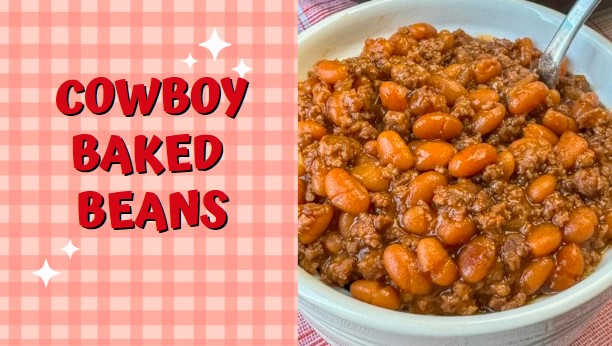Garlic herb seasoning is a versatile and aromatic blend that enhances the flavor of numerous dishes. This seasoning combines the robust, pungent taste of garlic with a variety of herbs, which may include rosemary, thyme, oregano, and parsley. Each herb brings its own unique note, creating a complex bouquet of flavors that can transform ordinary meals into something extraordinary.
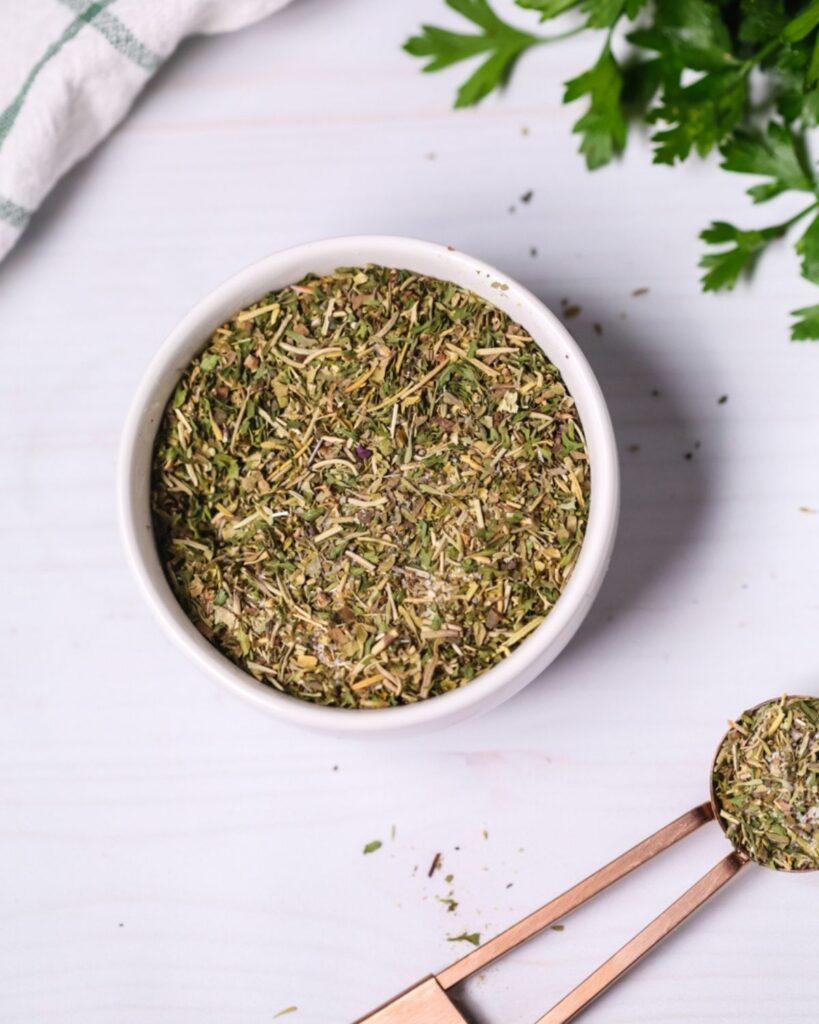
Ideal for both cooking and as a finishing spice, garlic herb seasoning works wonderfully with meats like chicken, beef, and pork, adding depth and a hint of rustic charm. It’s equally effective in vegetarian dishes, lending its hearty essence to roasted vegetables, casseroles, and soups. For a simple yet impactful use, it can be mixed with olive oil to create a delicious marinade or dressing.
The convenience of having a pre-mixed seasoning means less time measuring out spices and more time enjoying the cooking process. Moreover, this blend is often free from artificial additives, making it a healthy choice for flavoring meals. Whether you’re grilling, sautéing, or baking, garlic herb seasoning is a pantry essential that promises to elevate your culinary creations with its delightful and harmonious flavors.
Kitchen Tools Needed
Ingredients for Garlic Herb Seasoning
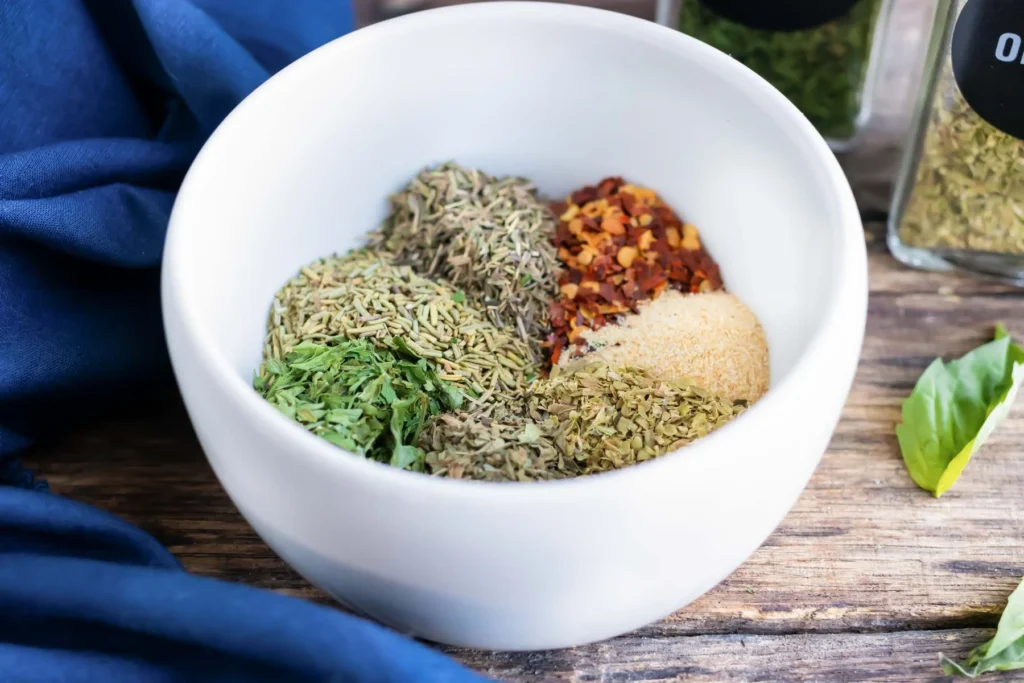
How To Make Garlic Herb Seasoning?
Gathering Ingredients
Start by collecting all the necessary ingredients listed above. Ensure your dried herbs and garlic powder are fresh for the best flavor.
Mixing the Spices
In a mixing bowl, combine the garlic powder, dried oregano, dried rosemary, dried thyme, and dried parsley. These herbs provide a robust foundation for the seasoning. If you prefer a finer texture or more intense flavor, you can briefly grind the dried herbs using a spice grinder before adding them to the bowl.
Adding Salt and Pepper
Incorporate the ground black pepper into the herb mixture. If you’re using salt, add it at this stage as well. Salt is optional depending on dietary preferences or specific recipe needs.
Blending the Ingredients
Use a spoon or whisk to thoroughly blend all the ingredients together. Make sure the mixture is uniform to ensure each serving of seasoning has a balanced flavor.
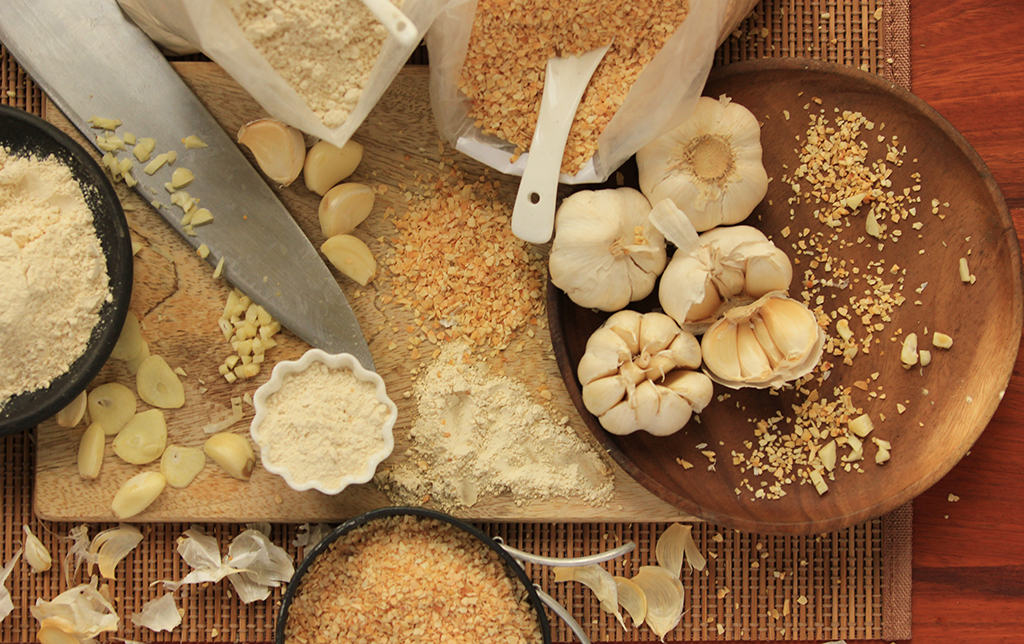
How To Store Garlic Herb Seasoning?
Storing garlic and herb seasoning properly is crucial to maintain its freshness and potency over time. Here’s how you can ensure your seasoning remains as vibrant and flavorful as the day it was mixed:
Choose the Right Container
Select an airtight container to store your seasoning. Glass jars with tight-fitting lids are excellent because they don’t absorb flavors and prevent contamination. Alternatively, a plastic container with a sealable lid can also work well.
Keep It Cool and Dry
Store your container in a cool, dry place away from direct sunlight. Heat, moisture, and light are the enemies of dried spices and herbs, as they can degrade the flavors and lead to spoilage. A pantry or a cabinet away from the stove or other heat sources is ideal.
Avoid Humidity
Make sure the container is completely dry before adding the seasoning to avoid clumping. Humidity can cause the herbs to stick together and may introduce mold. Using a desiccant packet in the container can help absorb any excess moisture.
Label Your Container
Mark the container with the name of the seasoning and the date it was created. This is helpful for keeping track of freshness and ensuring you use older spices before they lose their flavor.
Regular Checks
Every few months, check your seasoning for any signs of color changes or diminished aroma, which indicate it’s time to make a fresh batch. Properly stored, garlic and herb seasoning can last for up to a year without significant loss of flavor.
Shelf Life Of Garlic Herb Seasoning
The shelf life of homemade garlic herb seasoning generally spans about one to two years if stored correctly. The key to maximizing its longevity lies in the environment it’s kept in—cool, dry, and away from direct sunlight. Over time, the flavors of the herbs and garlic may gradually diminish, so it’s best to smell and taste the seasoning periodically.
Freshness is indicated by vibrant aromas and strong flavors. After a year, even if properly stored, the seasoning may start to lose its potency, making timely usage recommended for the best culinary results.
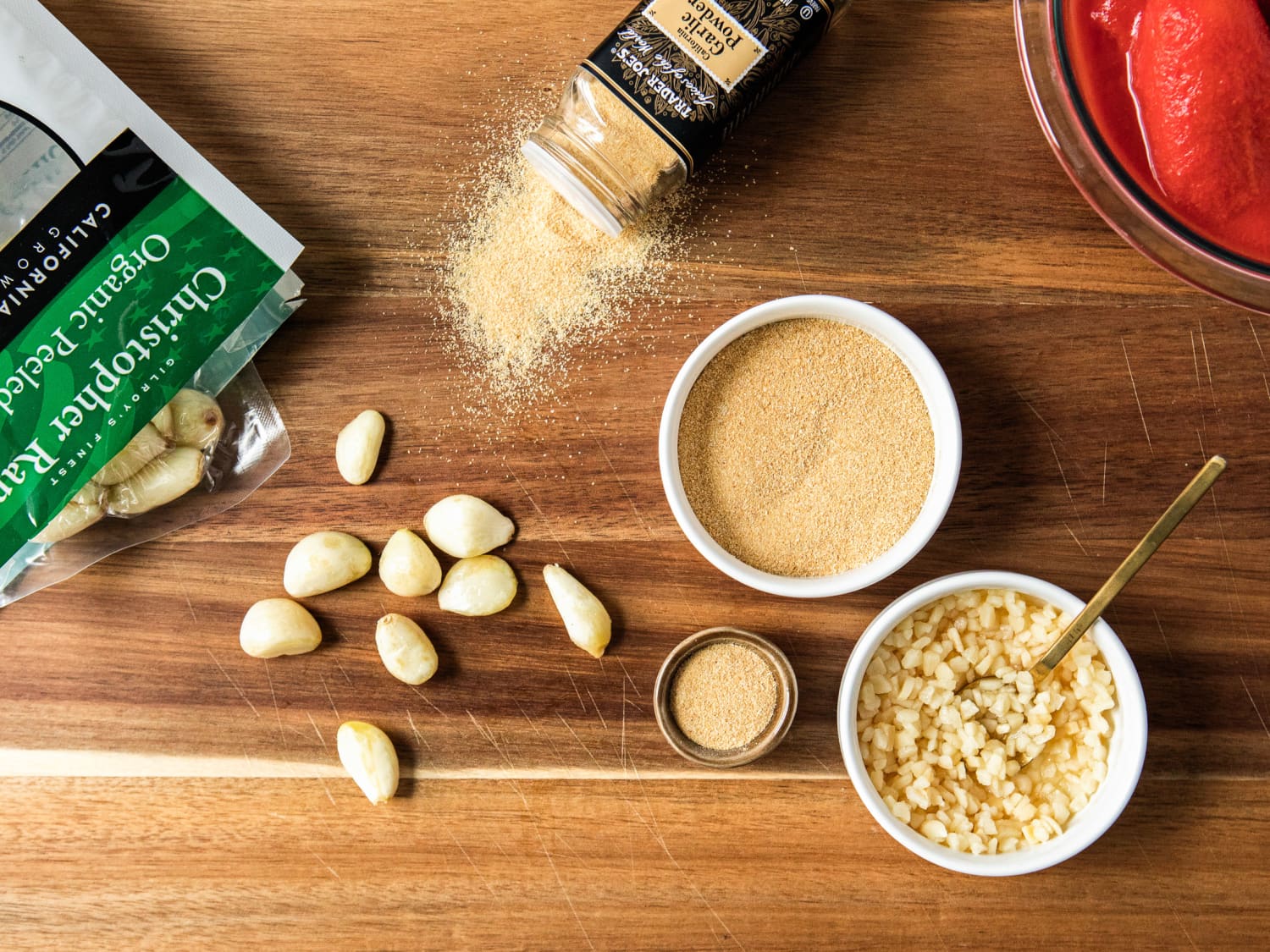
How To Use Garlic Herb Seasoning?
Roasted Vegetables
Sprinkle garlic and herb seasoning generously over vegetables like potatoes, carrots, or zucchini before roasting. It adds a delightful, herby crust that enhances the natural flavors of the veggies.
Marinades
Use the seasoning as a base for marinades. Mix it with olive oil, lemon juice, or balsamic vinegar to infuse meats such as chicken, pork, or beef with aromatic flavors before grilling or baking.
Soups and Stews
Add a teaspoon or two of the seasoning to soups and stews during cooking. It complements both vegetable-based and meaty broths, giving them a depth of flavor that warms the soul.
Bread Making
Incorporate the seasoning into bread dough or sprinkle on top of rolls before baking. It imparts a savory twist that makes any bread special, perfect for serving alongside pasta dishes or salads.
Dressings
Create a quick and tasty salad dressing by blending the seasoning with extra virgin olive oil and vinegar. It’s an easy way to dress up a simple green salad or a pasta salad.
Variations of Garlic Herb Seasoning
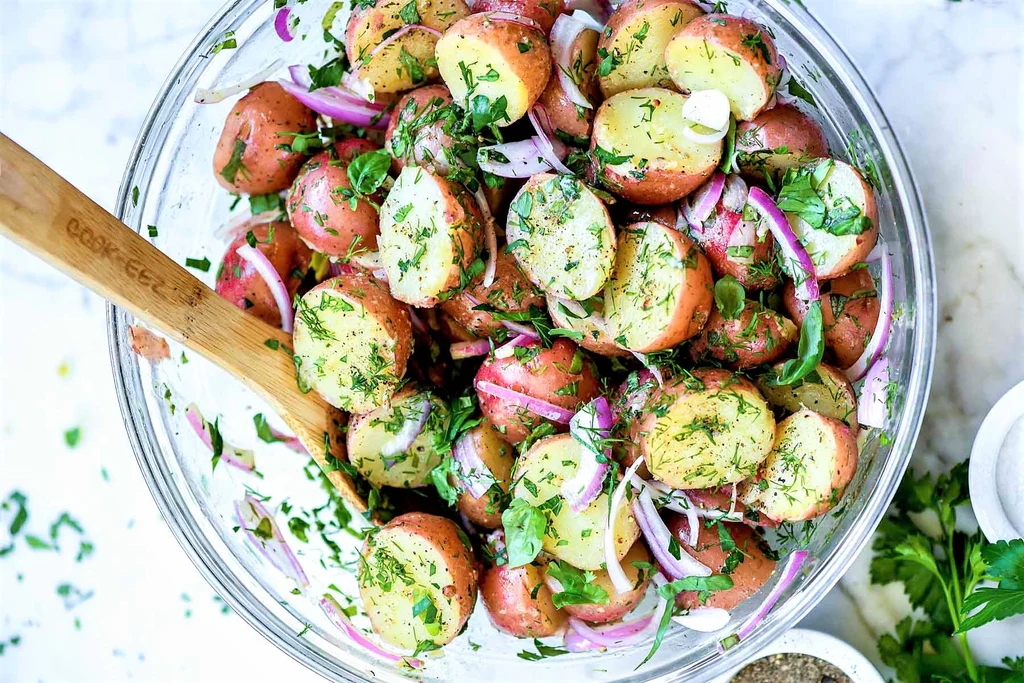
Substitutions for Garlic Herb Seasoning
What Chicken Dishes Are Best Suited For Garlic Herb Seasoning?
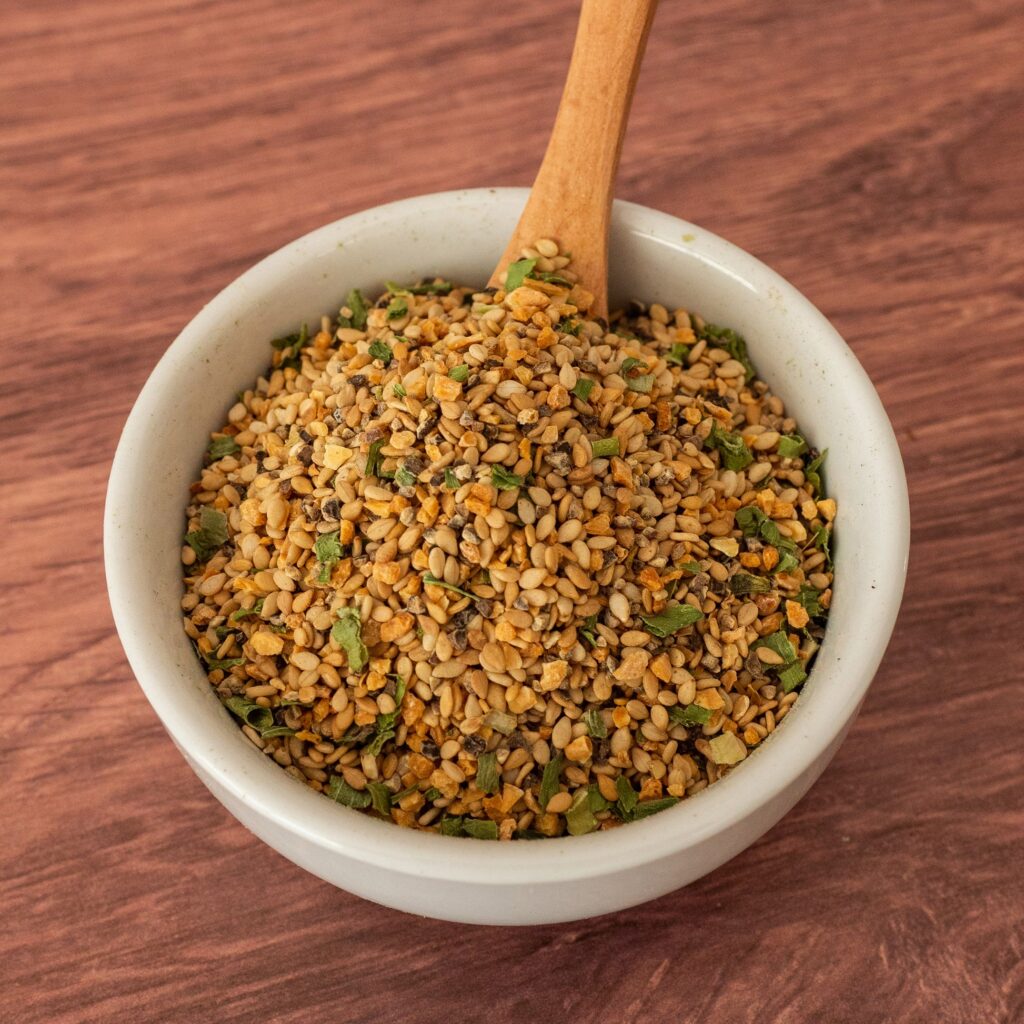
Delicious Recipes
Best Shrimp Tikka Masala Recipe
Delicious BBQ Pork Chops In Oven Recipe
Frequently Asked Questions – FAQ’s
Conclusion
Garlic and herb seasoning is a culinary treasure that brings a delightful burst of flavor to a wide array of dishes. Whether it’s enhancing the taste of roasted meats, adding zest to vegetables, or giving a flavorful twist to soups and stews, this versatile blend is a kitchen essential. By combining the earthy warmth of garlic with the aromatic notes of various herbs, it creates a symphony of flavors that can elevate even the simplest of meals.
Home cooks can easily prepare this seasoning blend themselves, ensuring it contains only the best ingredients and no unwanted additives. Embracing garlic and herb seasoning in your cooking routine can transform everyday ingredients into gourmet experiences, making it a staple for any spice cabinet.

